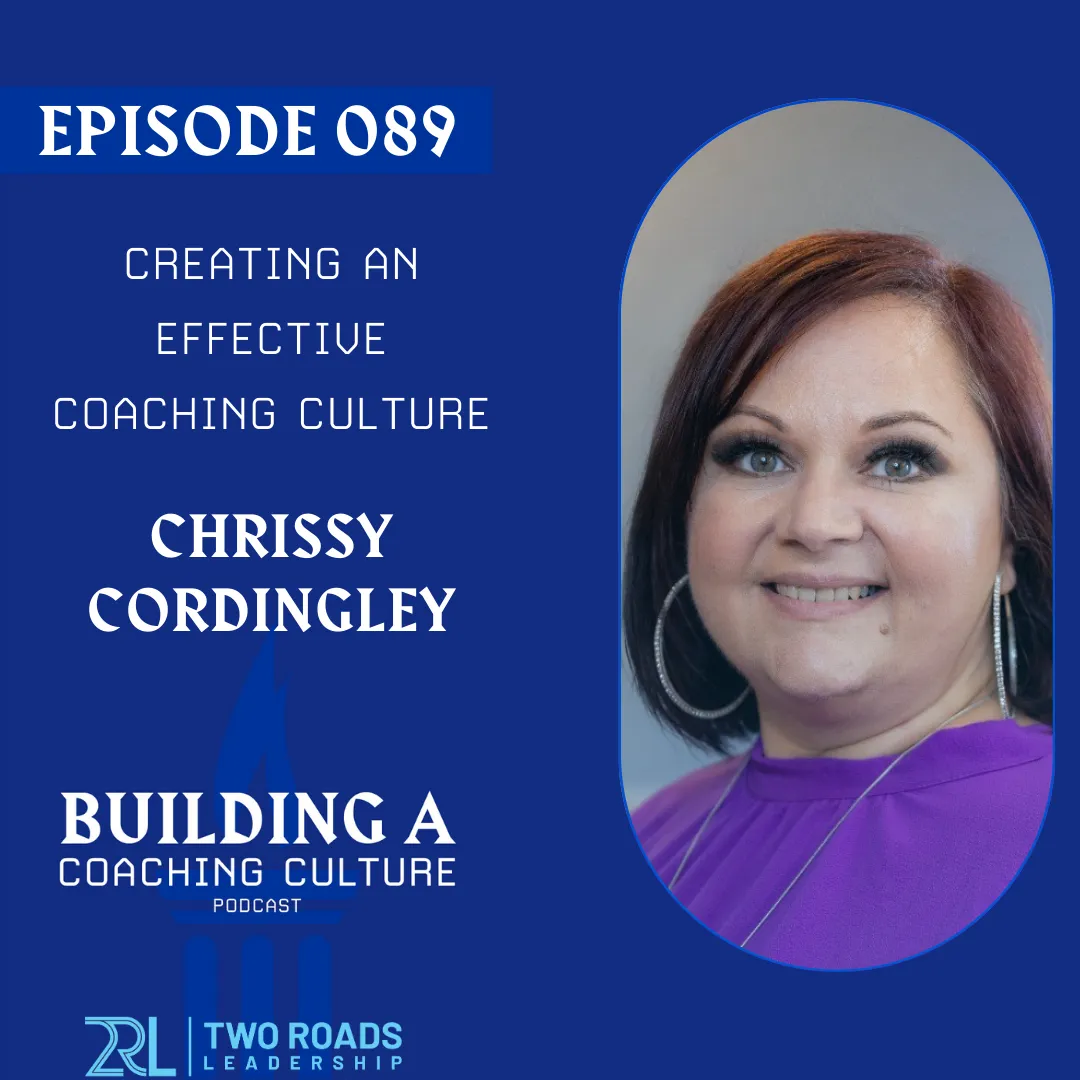Chrissy Cordingley serves as the Managing Director at Ignite Purpose, a performance-centered coaching and consulting firm. She firmly believes that failures and successes are shared responsibilities within a team, and that leaders should prioritize curiosity over judgment in a coaching culture.
JR and Lucas Flatter engage in an insightful discussion with leadership coach Chrissy Cordingley about creating a dynamic, evolving company culture. Chrissy shares how Ignite Purpose collaborates with organizations globally to foster executive coaching and develop psychologically safe, curious cultures.
Key topics include:
- The importance of vulnerability, accountability, and "rumbling" in leadership.
- Coaching leaders to become more self-aware and handle feedback.
- Transitioning knowledge across generations and embracing change as an opportunity.
- Balancing direction with asking employees what they need.
- Improving retention, reputation and ROI through cultural transformation.
- Applying coaching skills to parenting teenagers.
Building a Coaching Culture is presented by Two Roads Leadership
Produced, edited, and published by Make More Media
Episode Links
Chrissy Cordingley
J.R. Flatter
Founder of Two Roads Leadership
Lucas Flatter
Resources
2RL 4 day Coach Certification Bootcamp
2RL ICF-Approved Coach Certifications and Trainings
Transcript
Automatic Transcription - please excuse any errors

